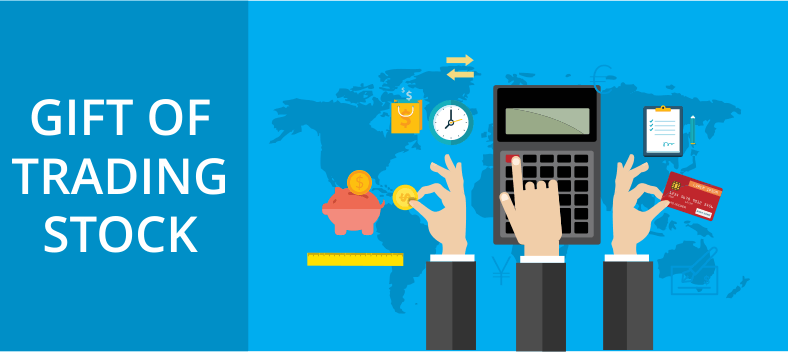Charitable Donations: Gifts of Trading Stock
We blogged recently on tax efficient ways of donating to charity and now the focus is on the tax benefits of making gifts of your company’s trading stock. If you make a monetary donation to charity, eitheras a sole trader or through your partnership or limited company business, then the process will be treated in the same fashion as a donation by an individual. If the donation is a gift of equipment, trading stock or "secondment" of employees, however, the charity does not receive additional money from HMRC, but your business benefits from tax relief on the gift.

Gifts of trading stock
If you donate goods to a charity or community amateur sports club (CASC) that your business makes or sells – what is known as your "trading stock"– you can claim the cost of these goods through your business accounts. This applies whether you’re a sole trader or in business as a partnership or company. As the value of the gift items do not need to be accounted for in your sales income, you can therefore reduce your taxable profits by the full cost of the goods.
However, it is a different picture if your business gives away trading stock to someone or an organisation that is not a charity or CASC. If you give away items in this way, then you will have to include the full market value of the gift in your sales income even though your business received no income from the gift. This is referred to as a "notional" trading receipt. In this case, although you reduce your taxable profits by the cost of the goods, your business will also have to pay tax on the excess of notional sales income over the cost of the goods.
How do I benefit from tax relief?
When calculating your profits for tax purposes when articles have been given to a charity or CASC, you do not includethese items in the trading receipts of the company, but you do benefit from thetax relief for the cost of the article in calculating the taxable profits of the trade.
VAT implications
If your business buys goods to donate to a charity, this isn’t counted as a business activity for VAT purposes and so youdo not need to account for VAT on the items you’ve purchased to give away.
But this means that even thoughyour business is VAT-registered you won’t be able to reclaim the VAT you paid when you bought the goods you intended to donate. This is because you can only reclaim VAT on things that you buy for business purposes.
However, if you donate goods to a charity or CASC that your business makes or sells– known as your trading stock – this is accounted as a taxable business supply for VAT purposes.
If you’re VAT-registered you’ll need to account for VAT on the goods you donate at the appropriate rate, depending on what the items are – either the standard rate (20%), the reduced rate (5%), or the zero rate.
However, you can zero rate your supply – even if normally the goods are standard-rated or reduced-rated – if your company makes the donation specifically so that the charity can:
- sell the goods
- hire out the goods
- export the goods
However, before you can do so, the charity or CASC must provide you with evidence of their eligibility and other information to show that the sale meets certain conditions – so that it qualifies for the relief. This is known as an eligibility declaration or certificate. Remember that it is you the supplier that will be penalised unless you can show you took all reasonable steps to check validity.
Making charitable donations of stock, equipment or personnel can lower your tax bill, therefore, and might even be seen as a good way of efficiently disposing of end-of-line stock or obsolete equipment. Giving away items to non-charitable organisations may not be to the company’s advantage however. With regard to VAT, it is advantageous for your company to check what the charity or CASC intends doing with the donated goods; should they intend selling, hiring out or exporting the goods, then the gifts you donated are zero rated, thus reducing your VAT bill.
Any questions? Schedule a call with one of our experts.








